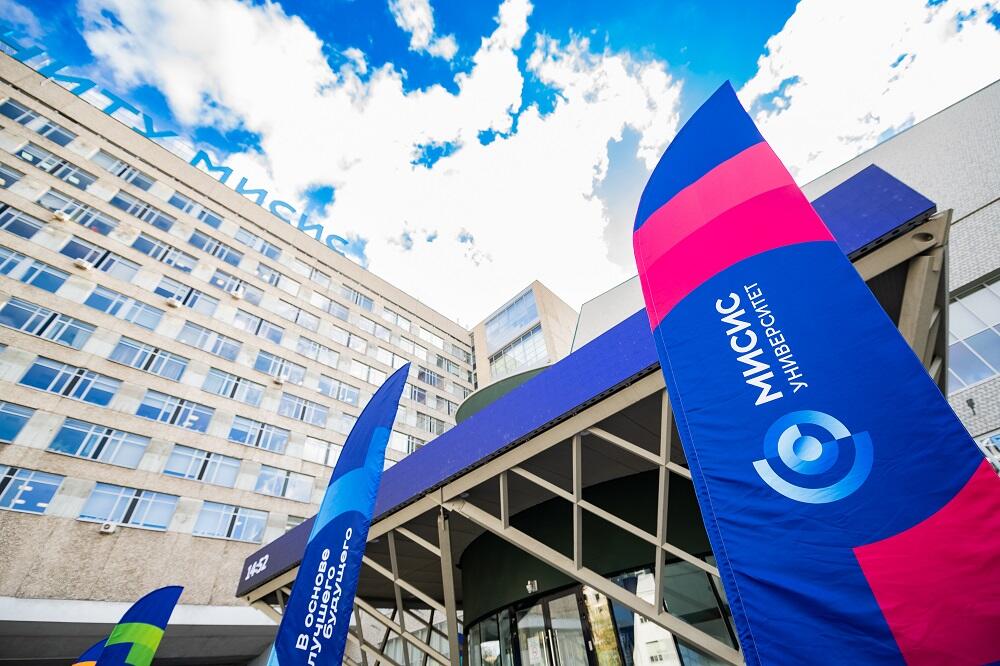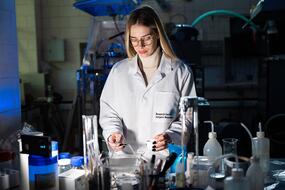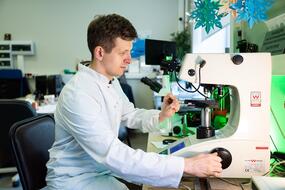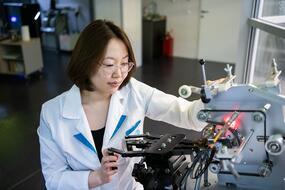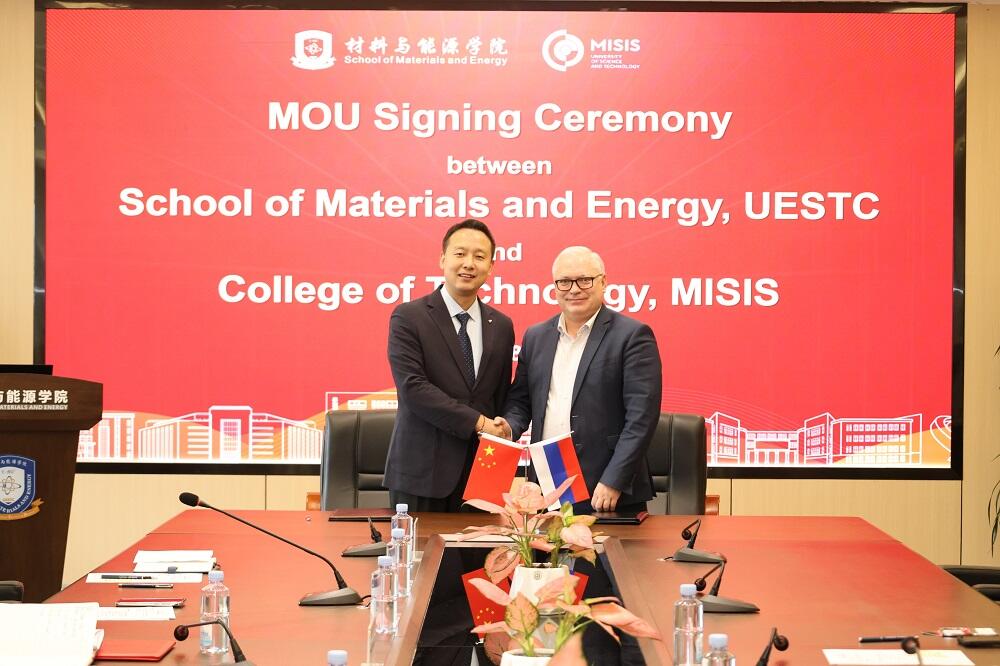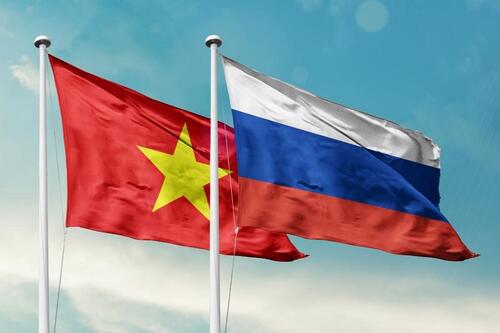Three projects from research groups and seven initiatives from young researchers at MISIS University were successful in the youth competitions within the framework of the Presidential Program for Research Projects of the Russian Science Foundation (RSF). The total funding for
“As in previous years, there is a high level of interest among young scientists in these events— a total of 3,000 applications were submitted for the 2024 competitions. All applications were evaluated by experts of the Foundation. On average, every fourth or fifth application was recommended by the expert council for support. A total of 641 youth projects will receive funding. The projects supported by the Foundation will be carried out by teams of young researchers in more than 230 organizations across 50 regions of Russia,” shared Andrey Blinov, Deputy General Director of the RSF.
Three-year grants with the possibility of extension under the competition “Conducting research by scientific groups under the guidance of young scientists” of up to 6 million rubles per year were awarded to research teams at NUST MISIS led by:
1. Kristina Kotyakova, engineer of the scientific project at the Inorganic Nanomaterials Research Laboratory, member of the Department of Powder Metallurgy and Functional Coatings. Topic: “Development of a dressing material based on composite nanofibers with antibacterial nanoparticles and bioactive compounds for the healing of chronic wounds” (project No.
2. Sergey Erokhin, researcher at the Laboratory of Digital Materials Science. Topic: “Investigation of new methods for synthesizing nanodiamonds without applying pressure” (project No.
3. Kristina Polyakova, Associate Professor at the Department of Metal Forming. Topic: “The role of structural, scale, and geometric factors in ensuring the reproducibility of the functional-mechanical characteristics of titanium nickelide when using elements with constant and variable (gradient) cross-sections” (project No.
Two-year grants under the competition “Conducting proactive research by young scientists” of up to 1.5 million rubles per year were awarded at NUST MISIS to:
1. Anastasia Nikolaeva, expert of the scientific project at the Laboratory of Quantum Information Technologies. Topic: “Methods for implementing quantum algorithms using multi-level quantum systems — qudits” (project No.
2. Ruslan Barkov, Associate Professor at the Department of Physical Metallurgy of Non-ferrous Metals. Topic: “Improving the operational characteristics of electrical aluminum through alloying with rare earth metals” (project No.
3. Andrey Mochugovsky, Associate Professor at the Department of Physical Metallurgy of Non-ferrous Metals. Topic: “Creation of a high-strength nanostructured composite material based on aluminum with intermetallic strengthening” (project No.
4. Valeria Palacheva, specialist in educational and methodological work of the 1st category at the Department of Physical Metallurgy of Non-ferrous Metals. Topic: “In-situ studies of the recrystallization kinetics of aluminum alloys using mechanical spectroscopy” (project No.
5. Nikolai Letyagin, leading engineer at the Department of Metal Processing by Pressure. Topic: “Establishing the scientific foundations for laser processing of new heterophase aluminum-calcium alloys in the Al-Ca-(Cu, Mn, La, Fe, Si, Zr, Sc) system for layer-by-layer synthesis of topologically optimized products using selective laser melting” (project No.
6. Erzhena Zanaeva, teaching master of the 1st category at the Department of Physical Metallurgy of Non-ferrous Metals. Topic: “Functional magnetic materials based on alloys from the Fe-Cr-Co-B-Me system with a natural composite structure obtained through crystallization from the amorphous state” (project No.
7. Tatyana Ilyina, junior researcher at the Laboratory of Physics of Oxide Ferroelectrics. Topic: “Development of a method for targeted regulation of ferroelectric properties in doped KNN ceramics based on machine learning algorithms considering crystal-chemical parameters” (project No.
“At NUST MISIS, an atmosphere of scientific inquiry has been cultivated for many years, and a comprehensive program aimed at creating an integrated system for training scientific personnel is being implemented. We are developing new interdisciplinary educational programs, participating in research commissioned by business partners and large-scale state projects. Over the past ten years, the number of young researchers at the university has significantly increased, and today they comprise about 70%,” said Alevtina Chernikova, rector of NUST MISIS.
The Russian Science Foundation developed the Presidential Program for Research Projects in 2017 at the request of the President of Russia. Its main objectives are to support long-term projects by leading scientists and to create career trajectories for promising young researchers.
